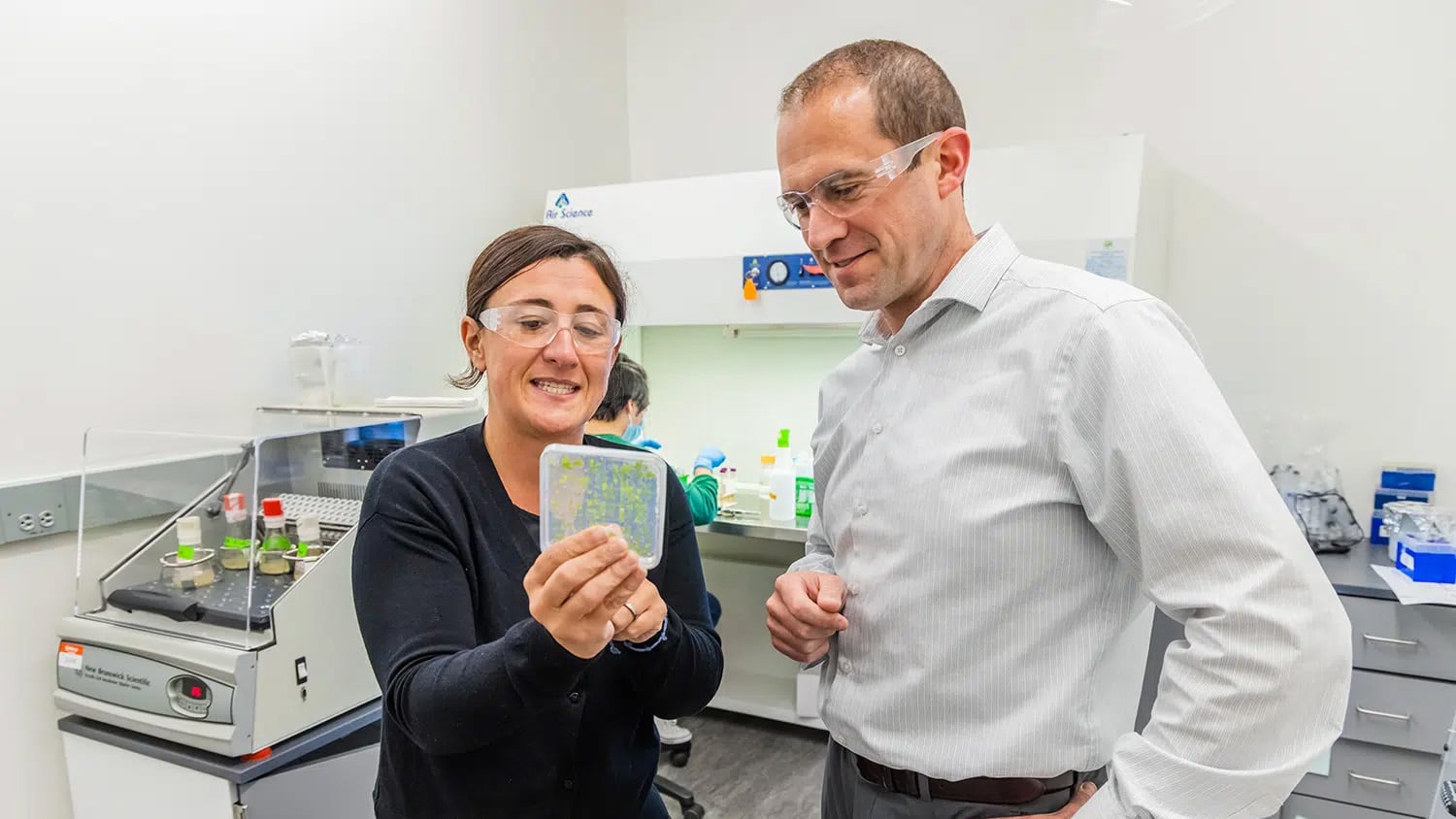“My Kid Wouldn’t Do That” – Study Shows Parents’ Difficulty With Teen Sexuality
It can be difficult for parents of teenagers to come to terms with the fact their kids may have sex, particularly given widespread concerns about the consequences of teen sexual activity. In fact, a new study from North Carolina State University shows that many parents think that their children aren’t interested in sex – but that everyone else’s kids are.
“Parents I interviewed had a very hard time thinking about their own teen children as sexually desiring subjects,” says Dr. Sinikka Elliott, an assistant professor of sociology at NC State and author of the study. In other words, parents find it difficult to think that their teenagers want to have sex.
“At the same time,” Elliott says, “parents view their teens’ peers as highly sexual, even sexually predatory.” By taking this stance, the parents shift the responsibility for potential sexual activity to others – attributing any such behavior to peer pressure, coercion or even entrapment.
For example, Elliott says, parents of teenage boys were often concerned that their sons may be lured into sexual situations by teenage girls who, the parents felt, may use sex in an effort to solidify a relationship. The parents of teenage girls, meanwhile, expressed fears that their daughters would be taken advantage of by sexually driven teenage boys.
These beliefs contribute to stereotypes of sexual behavior that aren’t helpful to parents or kids.
“By using sexual stereotypes to absolve their children of responsibility for sexual activity, the parents effectively reinforce those same stereotypes,” Elliott says.
Parents’ use of these stereotypes also paints teen heterosexual relationships in an unflattering, adversarial light, Elliott says and notes the irony of this: “Although parents assume their kids are heterosexual, they don’t make heterosexual relationships sound very appealing.”
A paper describing the study, “Parents’ Constructions of Teen Sexuality: Sex Panics, Contradictory Discourses, and Social Inequality,” is published in the May issue of Symbolic Interaction. Elliott is also the author of the forthcoming book, Not My Kid: Parents and Teen Sexuality, which will by published by New York University Press.
NC State’s Department of Sociology and Anthropology is a joint department of the university’s College of Humanities and Social Sciences and College of Agriculture and Life Sciences.
-shipman-
Note to editors: The study abstract follows.
“Parents’ Constructions of Teen Sexuality: Sex Panics, Contradictory Discourses, and Social Inequality”
Authors: Sinikka Elliott, North Carolina State University
Published: May 2010, Symbolic Interaction
Abstract: Teen sexuality occupies a highly ambivalent and contradictory place in U.S. society. Teenagers are deemed too young to know about sex, but too sexually driven to be trusted with information. Teen sexual activity is portrayed as fraught with danger, yet sexuality is a pervasive aspect of the American cultural landscape and considered key to identity and fulfillment. Drawing on in-depth interviews with forty-seven parents of teenagers, this article explores how parents navigate these contradictory discourses in making sense of teen sexuality. The findings show that parents do not think of their own teenagers as sexually desiring subjects, even as they construct adolescents in general as highly sexual and sexually predatory, with gender, racial, and class signifiers woven through their descriptions. I argue that parents’ binary thinking – constructing their teen children as asexual but other teens as hypersexual – represents more than simply an effort to maintain a notion of their teens as sexually innocent: it reveals deep anxieties about their teenagers’ future life chances and underscores the prominent role sexuality plays in reproducing social inequality.


